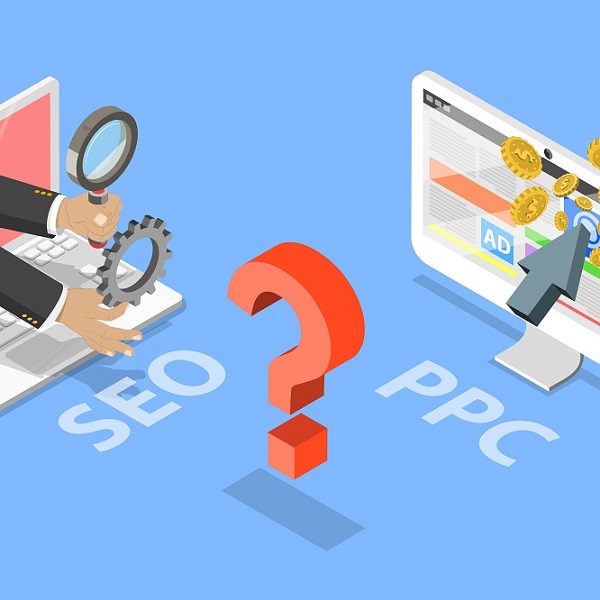
So, you’re struggling to decide whether to invest in SEO or PPC? You’ve heard the hype about how they are both essential elements of any successful growth marketing strategy, but you are left scratching your head over which one to use. Don’t worry, you’re in the right place because, in this article, we’ll compare the pros and cons of both, and explain how you can decide which one is better for your business.
But firstly, let’s cover the basics, shall we?
Search Engine Optimization
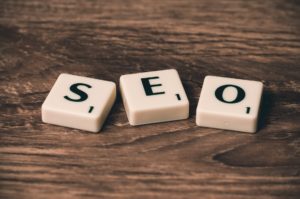
SEO – Search engine optimization is the method of optimizing your website as well as your web pages to rank as high as possible in the organic results in search engines such as Google.
And when I say organic, I mean without the influence of factors such as direct traffic, and paid ads. Search engines use algorithms to identify which pages or websites to show in the SERPs (search engine results pages) for a specific query.
In essence, the crucial part of any SEO strategy is determining what search engines consider your website relevant and optimizing web pages and forms accordingly. You can use any Google Forms alternative to help you increase conversions and collect crucial visitor information from which you can use to assess the effectiveness of your campaigns.
Let’s take a look at the advantages of SEO:
Organic traffic has staying power
As long as you’re ranking highly for your keywords, you will be able to generate consistent search traffic to your website. Sounds amazing, I know. But that’s not all.
SEO traffic compounds over time
One of the reasons why SEO may be better than traditional marketing strategies and PPC is its high potential to bring in compounding ROI over time. Oh, yes, you heard that right.
For instance, If you run your content marketing campaign a couple of months ago, the results you’ll get twelve months from now are gonna be way bigger than what you’re currently getting.
SEO has some downsides as well; let’s expose them.
SEO takes time
In 2017, Ahrefs conducted research to determine how long it takes you to rank on Google. They randomly selected over two million pages and tracked the positions of each keyword they ranked for.
The results? Only 5.7% of pages ranked in the top ten for at least one keyword in a year of publishing. But don’t let this discourage you.
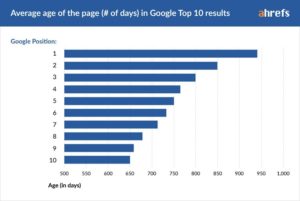
SEO requires authoritative and unique content
A huge part of SEO hinges on relevance and authority. As such, it requires expert-level content. Because of the fact that SEO is cost-efficient, niches are getting more and more saturated over time, and competition is getting more and more cutthroat, which is what sets the bar of quality and authoritative content really high.
In order to keep up with the competition as well as algorithm updates, your content must be updated as often as possible to keep your position intact. And to be honest, it’s a never-ending battle.
Pay-per-click
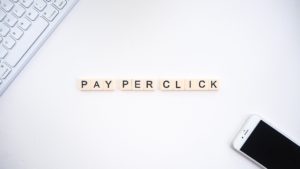
PPC – as its name suggests, pay-per-click represents an advertising model where a person pays for clicks to their website. Yup, simple as that, and it’s associated with search engine advertising such as Google Ads. But how does PPC work?
When it comes to paid search, advertisers typically bid on the key-phrases and keywords that are relevant to their niche. Advertising platforms like the one we mentioned above help businesses find new customers exactly through these keywords.
Today, the PPC has been embraced by social media giants like Facebook, Quora, and Twitter.
Paid social media like Facebook Ads are helping their users to find businesses based on their interests and behavior.
What are the advantages of PPC?
PPC is fast
As previously mentioned, you might need to wait days, weeks, or even months for SEO to work. But with PPC, it’s much quicker. Oh yes, you’ll be able to head over to any ad platform and start your desired campaign right away.
PPC allows for granular targeting
You will be able to play around with different types of data (geography, demographics, and so on).
As such, you pay for the people that you actually want on your website.
Fuel your email list with paid search
Email marketing is really great…until you run out of people to reach out to. PPC is the perfect way to refuel your funnel with new and qualified prospects. How’s that? You can display your ads through PPC to searchers who are actively looking for your products or services. The next step is that they click through to your website, and then you attain their email details.
And as you know, once you have a lead’s email address, you can use it to target them with personalized marketing materials and engage with your audience. You could even enlist the help of an email marketing agency to achieve maximum results in your email marketing.
PPC allows for quick experimentation
Fast feedback is made available through PPC. What you do is set up a campaign, run A/B tests, and then monitor the results to determine what works for you and what doesn’t.
Comparatively, SEO is much slower, and it may be very difficult to attribute failure or success to any change or tactic.
But wait for a second, PPC is not the be-all and end-all. There are also some downsides.
PPC can get prohibitively expensive
If you’re in a competitive industry such as insurance, then I’m afraid I have to disappoint you because PPC can get expensive, fast.
PPC can lose effectiveness
PPC can lose momentum, steam, and eventually income.
You’ll need money to make money
With PPC, you’re gonna need money to start a campaign. And it’s also possible to lose that money in the first few months while figuring out how to optimize your campaigns. You should ask yourself if you can afford to experiment with what works, or if you can’t risk losing out.
Which One to Choose?
The question is misguided. If someone offering SEO and PPC services tells you that one is much better over the other one with no context, then you should run away. Both of these are effective marketing strategies and great sources of traffic and which one is better for you depends on your objectives, current situation, and marketplace.
The question you SHOULD be asking is: “When should I choose PPC vs. SEO or vice versa?”
When to use SEO?
Here are some cases when SEO would prove beneficial for an online business:
- You would like to sell websites
- You’re gunning for consistent results
- You want to build an authority website
- You want your website to increase in value
When to use PPC?
Below are some cases when PPC would prove beneficial for an online business:
- Your intent is to sell or promote something
- You want instant results
- You want more targeted traffic
- You have a novel product
- You have a time-sensitive offer
Can PPC and SEO Work Together?
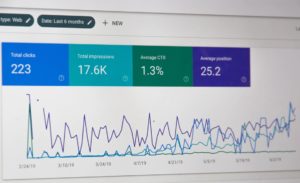
Yes! You can use PPC and SEO in unity, though using them together might sound expensive, it’s actually a great strategy because one compliments the other.
After all, both these digital marketing strategies have the same goals – driving traffic to your website. And if SEO and PPC can create the desired outcome, then why would you restrict your business to only one option?
Wrapping up
Choosing between using PPC or SEO is a matter of understanding your business goals. But in case you have the advertising dollars to go all out, by all means, then I suggest doing PPC and SEO together. That way, you will be able to get way more data to monitor and analyze to learn more about your audience while directing the maximum amount of traffic to your website.

